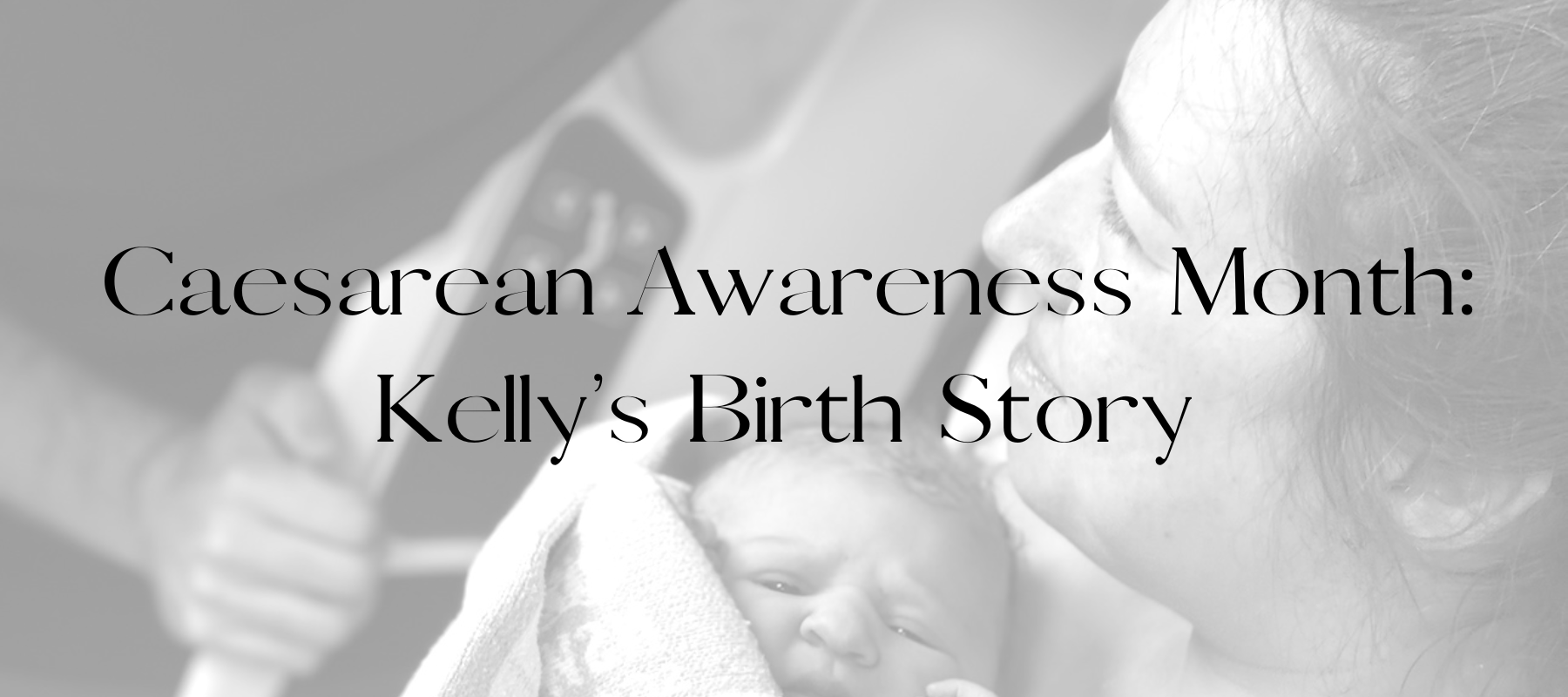One of the most common questions I am asked by new mothers is “should I be pumping? If so, when?”. You might be wondering whether you should be pumping as well. Whether it’s to build your supply or just to collect a ‘rainy-day’ stash for when you’d like to leave the house for some alone time, we have the answers!
In the first 6 weeks of your baby’s life, both you and your baby are still establishing and maintaining a breastfeeding pattern. These are arguably the most important weeks of your breastfeeding journey. During this time, your body is particularly attuned to your baby’s needs and is trying to determine demand - in order to produce adequate supply. This is why it is best to avoid unnecessary interventions of pumping and artificial supplementation when possible. There are many circumstances of course where mothers are encouraged by their midwives and obstetricians to use the electric pump in those first few weeks. Using a breast pump in the first few weeks is most commonly due to breastfeeding difficulties or additional newborn nutritional requirements.
Should you use a breast pump to increase your supply?
If you are using expressing as a tool to increase your milk supply, keep in mind the golden rule – supply meets demand. In most cases, this means the more stimulation, the more milk you will produce. If your baby is not attaching well to the breast, is premature or unwell, expressing can be an integral part in establishing an adequate milk supply in the absence of your baby. Expressing should match a newborn pattern of 8-12 feeds daily. If you plan to express in combination with breastfeeds, a pump 30 mins following a breastfeed or during your baby’s longer nap of the day, will tell your body it needs to produce more breastmilk.
Building a breastmilk stash:
If you just want to occasionally use your breast pump, most mothers say it’s easier to pump in the mornings when there is an abundant supply. If pumping to just collect a freezer stash for when you go out, a few pumping sessions a week should suffice!
Written by Keryn Thompson RM & IBCLC (L-301766)
References
Chen, P., Johnson, L. and Rosenthal, M., 2011. Sources of Education About Breastfeeding and Breast Pump Use: What Effect do they Have on Breastfeeding Duration? An Analysis of the Infant Feeding Practices Survey II. Maternal and Child Health Journal, 16(7), pp.1421-1430.
Kent, J., Ramsay, D., Doherty, D., Larsson, M. and Hartmann, P., 2003. Response of Breasts to Different Stimulation Patterns of an Electric Breast Pump. Journal of Human Lactation, 19(2), pp.179-186.
Meier, P., Patel, A., Hoban, R. and Engstrom, J., 2016. Which breast pump for which mother: an evidence-based approach to individualizing breast pump technology. Journal of Perinatology, 36(7), pp.493-499.
Mitoulas, L., Lai, C., Gurrin, L., Larsson, M. and Hartmann, P., 2002. Efficacy of Breast Milk Expression Using an Electric Breast Pump. Journal of Human Lactation, 18(4), pp.344-352.



